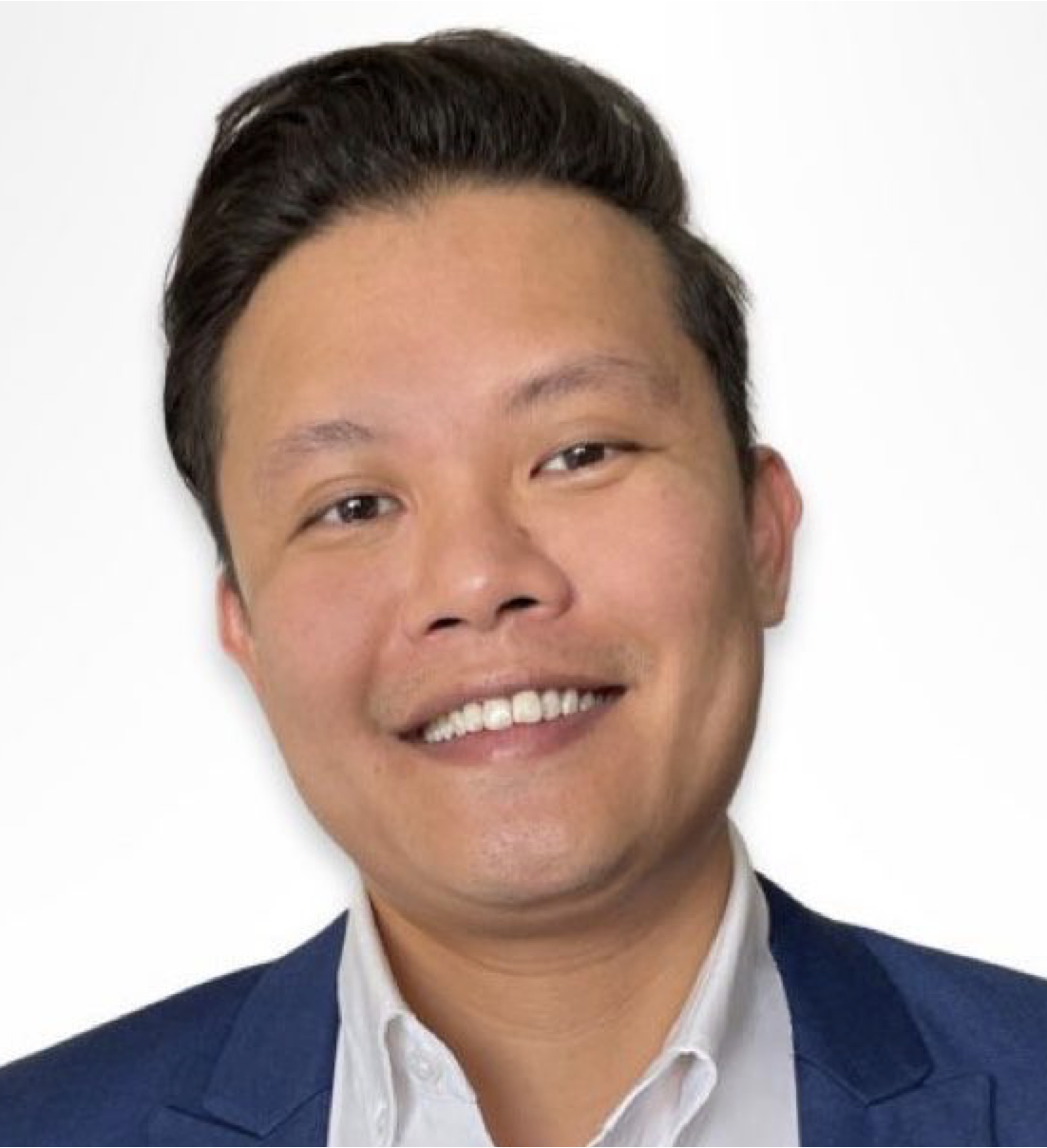Singles In Singapore Still Constrained By Unfavourable Housing Policies
- Cheong Chye Tan

- Aug 21, 2024
- 3 min read
A recent survey by Milieu Insight, in partnership with Pink Dot, revealed that housing accessibility and affordability is a top concern for the LGBTQ+ community. Among the broader LGBTQ+ community, barriers to buying homes in Singapore ranked as the top issue (23%), with this concern being most prevalent among Gay and Lesbian respondents (36%). Additionally, 81% of LGBTQ+ Singaporeans worry about the future, with 42% citing a lack of access to affordable housing as a major concern.
Over the weekend, Prime Minister Lawrence Wong gave his first National Day Rally. In it, he highlighted several critical issues surrounding the housing market. Among these was a focus on the growing singles population, a demographic that now makes up 29.7% of the 3.5 million resident population in 2023, an increase from 28.6% in 2022, according to the Singapore Department of Statistics.

He announced that starting in mid-2025, singles applying for Build-To-Order (BTO) flats with or twill be granted similar priority access as married couples when purchasing a home near or with their parents. This policy shift aims not only to support the individual aspirations of singles but also to strengthen Singapore’s broader social fabric by facilitating stronger family ties.
In addition, the maximum quantum for Enhanced CPF Housing Grants (EHG) for singles has also been increased from the current maximum of $40,000 to $60,000.
While these steps represent progress, and Haus of Pride would like to applaud the PM and MND for these changes, we believe that there are still core policies that prohibit and constrains singles (and consequently, the LGBTQ+ community) owning their first property in Singapore.
Through our interactions with the community during our events and day-to-day work, these are very real issues that continue to hinder the ability of LGBTQ+ folks to achieve their homeownership goals. These are also perennial issues that we continue to highlight at every of our events and sharing sessions.
The very core issue that the government has yet to address is that singles are still restricted to the age limit of 35 to own a HDB flat, and two-room flexi BTO if they wish to live in a new flat. This age threshold super problematic for many singles, as by 35, many would have surpassed the income cap of $7,000, rendering them ineligible for BTO flats and associated grants. As such while increase in EHG is great, it just seems good on paper only, as many LGBTQ+ folks would not be able to enjoy these benefits.
Even for those who do manage to purchase a two-room BTO flat, they often face lengthy wait times—collecting their keys around age 39 or 40—after which they must meet the Minimum Occupation Period (MOP), meaning they may not be able to upgrade until their mid-40s (or even in the 50s if they choose to purchase a flat categorized as “Prime”!). This significantly delays their ability to move up the property ladder compared to married couples, who can often upgrade to a larger property in their mid-30s. Many singles, do in fact, have the financial ability to purchase their first flat even in their lates 20s or early 30s.
As a result, many singles end up opting for resale flats, which have become increasingly expensive in recent years. Today, a 20-year-old three-room flat can easily cost between $450,000 and $500,000 in areas far from the city center.
LGBTQ+ individuals also face a very specific set of challenges. A good proportion of us are not accepted in our families, spend years in rental accommodations, spending a good chunk of their disposable income and savings on rental that could otherwise go towards a downpayment for their home purchase. Hence, it is a quadruple whammy of having to wait till 35, a salary of more than $7,000, not qualifying for any grants and not having enough cash-on-hand due to years of renting.
Once again, Haus of Pride commends the PM and MND and their efforts in making public housing more accessible for all. However, there are still key concerns that the LGBTQ+ community faces that still remain unresolved till today.



Comments